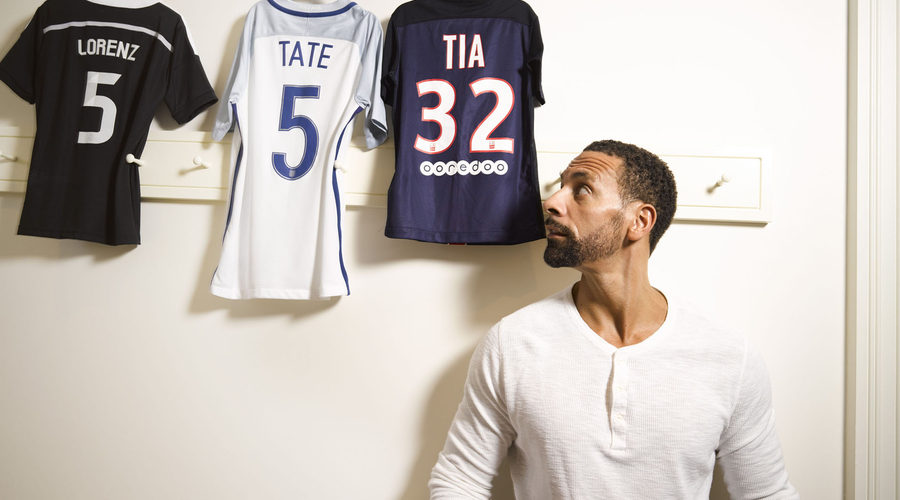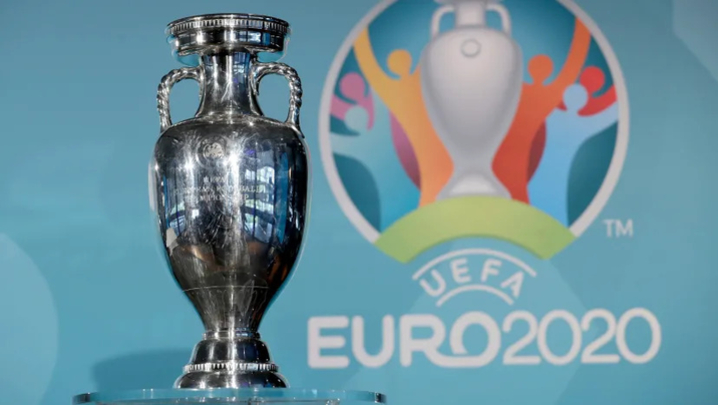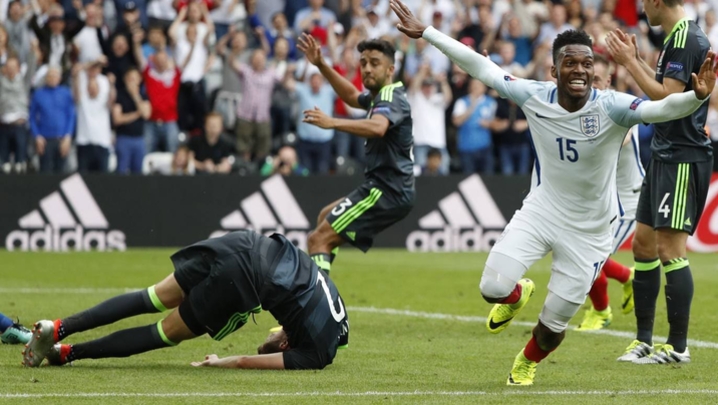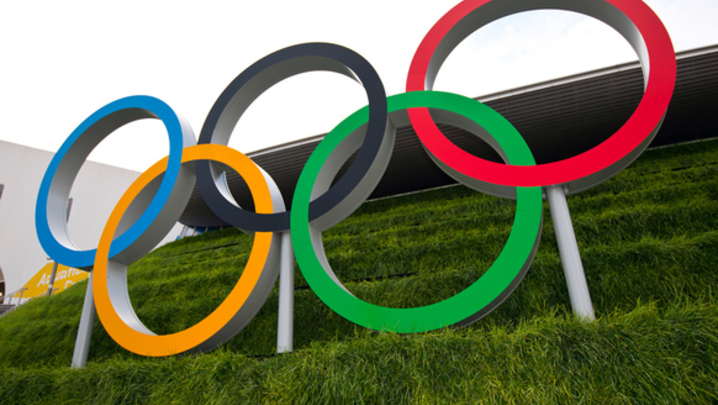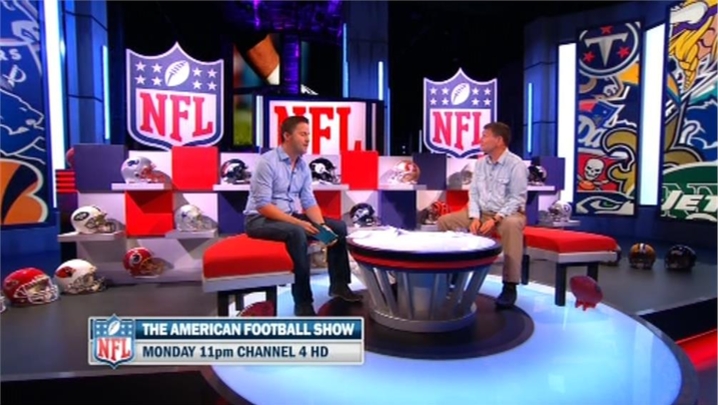“I didn’t do this for any other reason than my three kids,” said an emotional Rio Ferdinand as he collected the Bafta for his recent documentary Rio Ferdinand: Being Mum and Dad.
In May 2015, Rio Ferdinand’s wife Rebecca lost her life to breast cancer, leaving behind her husband and three children. The documentary that followed captures the footballer’s own grief and worries for his children as he speaks, frankly and movingly, on camera. He meets other families coping with bereavement and loss, and looks at what help is available for parents and children who have lost a loved one.
In the programme, Ferdinand worries for his children as they come to terms with the loss of their mother: “What are they thinking? Where are they? Are the worried? Are they happy? Are they sad? I’m desperate to know, but I don’t want to scare them.”
The response has been remarkable. As well as impressive viewing figures, the one-off documentary earned critical acclaim, and RTS and Bafta awards.
“I don’t think I’ve grieved properly,” Ferdinand reflects early in the programme. “I’ve not given myself that time to sit down and really thrash everything out.”
Executive producer Grant Best joined Ferdinand throughout the journey, and together they went up to accept their Bafta Awards for the programme. “Rio wanted to tell his story to help others,” he reflects, speaking to the RTS earlier this year. “If we could help one person [to] try and take something from the documentary to help them in their journey of bereavement, grief, and loss, we felt that was a story that Rio should try and tell, given his position in the public eye.
“If it wasn’t for Rio being brave enough to tell his story – especially given his position… – then it never would have been told,” he adds. “There was no point in making this story unless Rio was going to bare all, and Rio certainly did that.”
Perceptions of masculinity and showing vulnerability are key to the documentary. However, in sports particularly, Best says, “showing any kind of a ‘weakness’ in your character would have been seen as wrong. We, men, in general we don’t open up as much as maybe we should. [Seeing] that as weakness is actually wrong. It’s a weakness not to talk. The strength is in talking.”
“[Rio] would never show any weakness because the environment he’s in did not want to allow that. And he was a leader in not allowing that weakness to be shown because he would say if you can’t hack this, don’t be part of it.”
Over 6.5m people tuned in to watch the programme live, with the number rising to over 10m after three days. “There have been some very powerful moments that have hit him in public areas,” Best recalls. “Walking down the street, going into a pub, arriving at a football stadium, the impact from his story being told has been felt all around the country.”
“When you make a piece of work like this,” Best believes, “you’re either all in or you’re not… [When] people respond, you know you’ve got it right.

